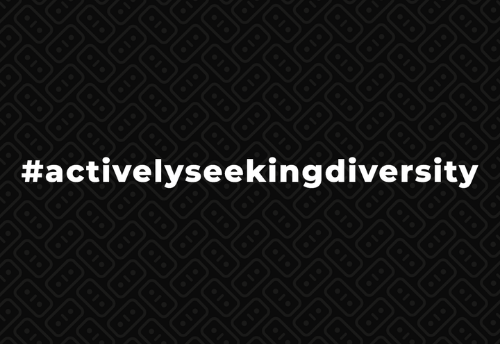Teaching English in a Jaipur slum as a foreigner
It is so easy to look away. It is so easy to say to ourselves “it’s not my responsibility.”
But what if you don’t think about it as your responsibility, or trying to change the world. Rather, a moment of your time could leave a lasting impact on another community.
A totally different world
I spent about eight months traveling solo around Asia working with local non-profit organizations. My time in Jaipur made a huge impact on me, and working closely with this special community changed my life – for the better. I saw that with limited resources teachers could motivate a large group of young students, and I witnessed these students hungry for knowledge each day. Most surprisingly, I saw parents promote and respect receiving an education, even if they did not have access to schooling growing up.
As an outsider to this community, I noticed:
For each problem, Education is the answer
One of the biggest eye-openers for me working with this special community was the desire of these families to improve their current living situation. Oftentimes, we don’t think of low-income individuals as being productive members of society for a variety of reasons. However, they can be some of the most hard-working people in the local community. Parents can often have steady work in addition to side jobs. They see this situation as temporary – living in the slums. They want to be able to work their way out, and they want their children to have a better life. Education is the answer.
An American in this community was a rare occurrence. It took me a few days to just understand how to teach these children, what was culturally appropriate, and how things worked. On one of those early days during a snack break, the male teacher was talking to me outside the school. It was hot that day, and I remember the sun was in my eyes during our conversation. “I grew up in this community,” he paused, “and now I’m a teacher here. It is important for the children to see me here – that I came back and made something of myself. They can think, I can make something of myself too.”
Teaching in India, a unique life-changing experience
I have been an English teacher in several different countries in Europe and Asia, but this experience was unlike the rest. First, the age group was much younger than I was used to, with students ranging from 4 to 8 years old. Second, the spectrum of understanding was wide – some students being conversational in English, and some barely able to speak a word. The adjustment was challenging for me, but I love working with children and the teachers made me feel welcome.
Eventually, we found the best method to be one-on-one learning. The four teachers would teach their groups as normal – a mix of Hindi, English, Math, and everyday vocabulary. I would sit with one student at a time reading through picture books, practicing the alphabet on small chalkboards, and having basic conversations with the student as we sat side by side. This hands-on approach allowed me to individually assess the child’s skills, take it slower in some cases while bringing more advanced conversational skills to others.
Different cultures, but children are children
Children are children wherever you go in the world. They don’t know hate. They know acceptance. They don’t know restraints. They know possibilities. The group of students here are taught acceptance and possibilities. It doesn’t transform every life, but for those lives it does, that change can pivot the next generation to greatness.
By incorporating short-term volunteer work into my travels it allowed me to:
A local family in Jaipur operates this school on an ongoing basis, supported by several community members. If you want to learn more or support education in this vulnerable community please contact Joseph.
For more stories on my experiences in Jaipur, follow @joeofthejungle_ on Instagram
This post is dedicated to the teachers of that special school, who do amazing work every day, and in remembrance of Karishma, a dedicated community member.
This blog post is the first of the series by Joseph Ferreri’s experiences. Stay connected for more and don’t forget to share the article with your friends and relatives.
This content was originally published here.

